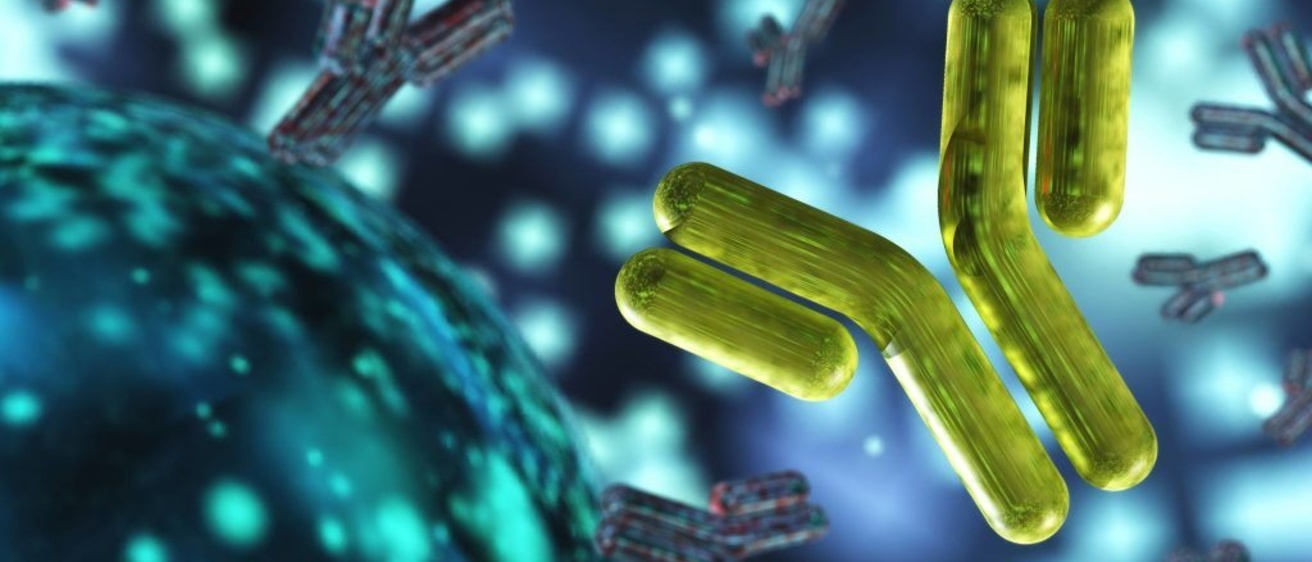
University of Iowa College of Pharmacy Associate Professor Reza Nejadnik has received a two-year, $427,625 National Institutes of Health R21 grant to develop a new approach for assessing self-association of monoclonal antibodies (and other proteins). Such tools would eventually enhance efficiency in developing much-needed protein therapeutics. R21 grants are intended to encourage exploratory/developmental research by providing support for early and conceptual stages of project development.
“We are going to develop and validate a totally novel approach for looking at the self-association of monoclonal antibodies," said Nejadnik. "This will help us understand the behavior of proteins -- monoclonal antibodies in particular -- and is important for researching and developing protein drug products. It will impact the manufacturing, storage stability, and overall safety and efficacy of protein drug products as well.”

Antibodies are proteins in our immune system. Therapeutic monoclonal antibodies are laboratory-made antibodies engineered to restore, enhance, modify, or mimic the immune system's performance – such as its attack on foreign objects (including bacteria and viruses) or infected and cancerous cells. According to Nejadnik, self-association of monoclonal antibodies, essentially the sum of interactions between the same monoclonal antibody molecules, has an immense impact on the “drugability” of these molecules. High self-association can lead to stability problems and high viscosity of pharmaceutical formulations, among others. These challenges would, in turn, complicate the development and manufacturing of drug products, make it less efficient, or in severe cases, lead to failure of the entire development campaign.
Nejadnik noted his lab has preliminary data showing their method for assessing self-association outperforms currently used approaches in several aspects. This exploration has wide-reaching implications.
“Development of the new method, as proposed in this work, can potentially impact broader areas in the biomedical field,” Nejadnik said. “A more efficient and potentially faster development would eventually be in the interest of patients and society as a whole.”
“We are going to develop and validate a totally novel approach for looking at the self-association of monoclonal antibodies. This will help us understand the behavior of proteins -- monoclonal antibodies in particular -- and is important for researching and developing protein drug products. It will impact the manufacturing, storage stability, and overall safety and efficacy of protein drug products as well.” -Reza Nejadnik
More information is available in The Daily Iowan.
